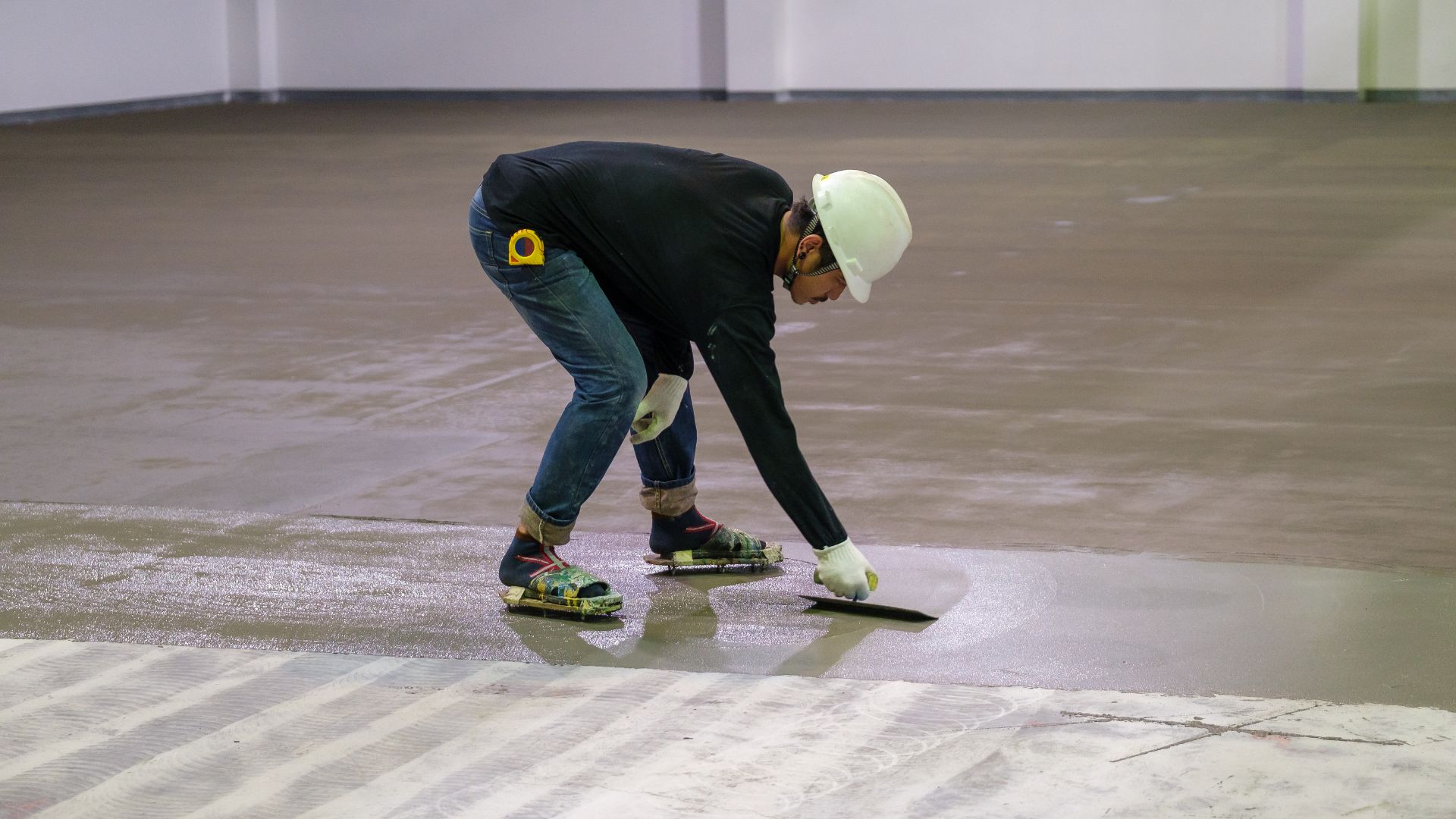
Epoxy flooring specialist with over 25 years of experience helping residential, commercial & industrial projects.
Welcome to our detailed guide on tiles vs. epoxy flooring pros and cons! If you’re considering installing epoxy flooring over tiles in Vancouver, it’s important to know epoxy flooring pros and cons before making a decision. Epoxy flooring offers a stunning, durable, and versatile option for both residential and commercial spaces. With its seamless and glossy finish, epoxy flooring enhances the overall aesthetic appeal of any room.
In this guide, we’ll go into the pros and cons of epoxy flooring in Vancouver, BC and how it stacks up against tiles, thereby giving you all the information you need to make an informed choice.
Epoxy flooring, a resin-based surface, has earned its reputation for resilience. It is designed to endure exposure to chemicals and water while bearing heavy weights without any visible damage.
The epoxy system creates an impenetrable layer on your floor that effectively repels dust, dirt, and liquid stains.
This makes it an optimal choice for spaces like commercial kitchens or industrial settings where regular cleaning is necessary.
But this type of flooring solution does more than just resist these common contaminants – it also simplifies their removal process.
With minimal effort, you can keep your epoxy floors looking as good as new.
In terms of maintenance, epoxy flooring is relatively easy to clean and maintain.
Regular sweeping and mopping with a mild detergent are usually sufficient to keep the surface looking pristine.
However, it is important to avoid using harsh chemicals or abrasive cleaning agents, as they can damage the epoxy coating.
Additionally, heavy objects or furniture should be lifted rather than dragged across the surface to prevent scratching or gouging.
A major advantage in opting for epoxy floor coatings lies in their ability to withstand hefty conditions.
Whether they are under the weight of large vehicles or bulky equipment in garages or warehouses, they remain unscathed.
This durability is not limited only to physical loads either; thanks to the hardening chemical reaction during application, epoxy ensures maintaining its integrity even under extreme pressure over time, making it extremely durable compared with other popular flooring options such as wood floors or concrete floors.
In fact, installing epoxy flooring could be one way homeowners are able to increase property value due to its longevity and ease of maintenance benefits alone.
Now that you’re well-versed in the benefits of using epoxy flooring, let’s dive into some of its shortcomings (aka epoxy flooring cons).
The installation process can be time-consuming and complex, requiring careful surface preparation and multiple layers of epoxy coating.
It is crucial to hire a professional installer with experience in epoxy flooring to ensure a proper application.
Furthermore, epoxy flooring can be sensitive to UV exposure, causing it to yellow and degrade over time if exposed to sunlight.
This makes it less suitable for outdoor applications or areas with large windows.
In contrast to epoxy, tile floors come with their own set of challenges.
Whether it’s the fragility of ceramic or stone tiles under heavy weight or the susceptibility of flexible plastic tiles to staining and temperature changes, these factors need careful consideration.
Ceramic and stone tiles may be aesthetically pleasing, but they lack durability.
They can easily crack when exposed to high pressure from dropped objects or foot traffic.
This is a stark difference compared to an epoxy system, which is known for its exceptional strength against impacts.
The installation process can be labor-intensive and time-consuming, especially for larger areas or intricate patterns.
It is important to hire a skilled tile installer to ensure a proper and professional installation.